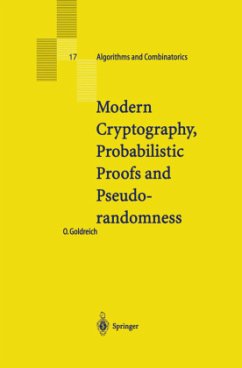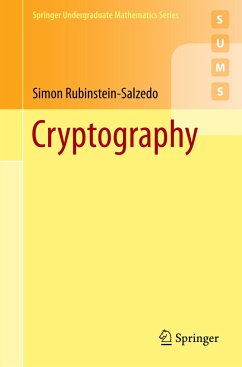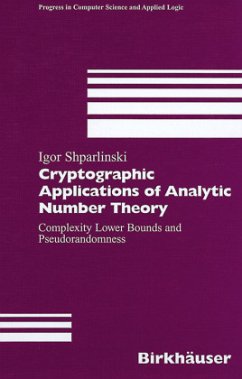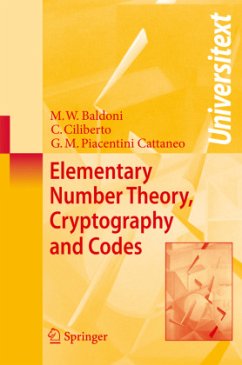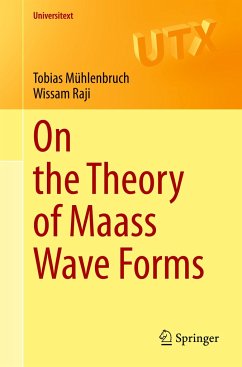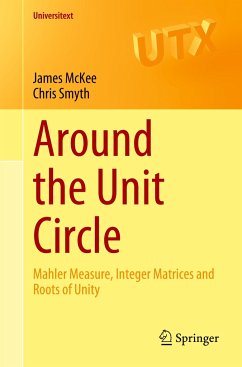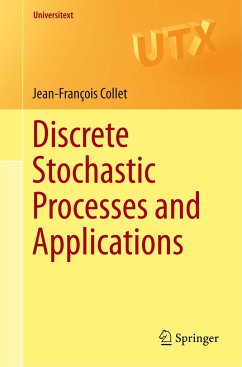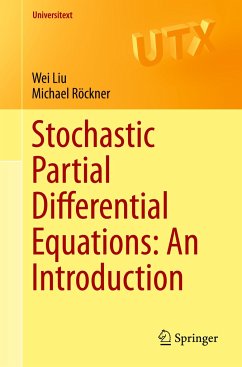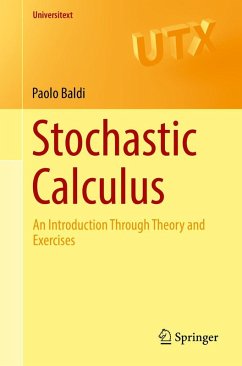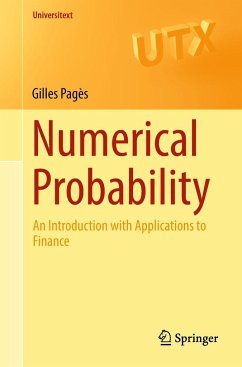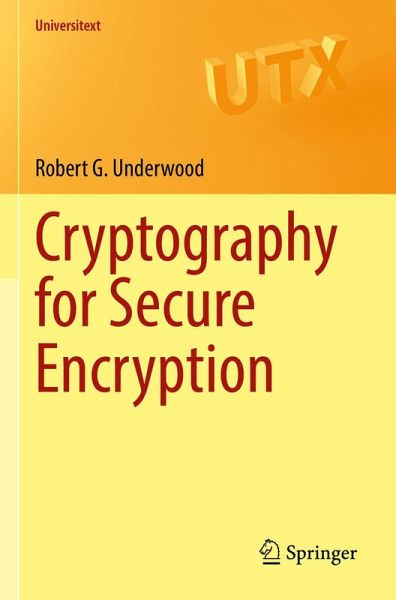
Cryptography for Secure Encryption

PAYBACK Punkte
19 °P sammeln!
This text is intended for a one-semester course in cryptography at the advanced undergraduate/Master's degree level. It is suitable for students from various STEM backgrounds, including engineering, mathematics, and computer science, and may also be attractive for researchers and professionals who want to learn the basics of cryptography. Advanced knowledge of computer science or mathematics (other than elementary programming skills) is not assumed. The book includes more material than can be covered in a single semester. The Preface provides a suggested outline for a single semester course, t...
This text is intended for a one-semester course in cryptography at the advanced undergraduate/Master's degree level. It is suitable for students from various STEM backgrounds, including engineering, mathematics, and computer science, and may also be attractive for researchers and professionals who want to learn the basics of cryptography. Advanced knowledge of computer science or mathematics (other than elementary programming skills) is not assumed. The book includes more material than can be covered in a single semester. The Preface provides a suggested outline for a single semester course, though instructors are encouraged to select their own topics to reflect their specific requirements and interests. Each chapter contains a set of carefully written exercises which prompts review of the material in the chapter and expands on the concepts. Throughout the book, problems are stated mathematically, then algorithms are devised to solve the problems. Students aretasked to write computer programs (in C++ or GAP) to implement the algorithms. The use of programming skills to solve practical problems adds extra value to the use of this text.
This book combines mathematical theory with practical applications to computer information systems. The fundamental concepts of classical and modern cryptography are discussed in relation to probability theory, complexity theory, modern algebra, and number theory. An overarching theme is cyber security: security of the cryptosystems and the key generation and distribution protocols, and methods of cryptanalysis (i.e., code breaking). It contains chapters on probability theory, information theory and entropy, complexity theory, and the algebraic and number theoretic foundations of cryptography. The book then reviews symmetric key cryptosystems, and discusses one-way trap door functions and public key cryptosystems including RSA and ElGamal. It containsa chapter on digital signature schemes, including material on message authentication and forgeries, and chapters on key generation and distribution. It contains a chapter on elliptic curve cryptography, including new material on the relationship between singular curves, algebraic groups and Hopf algebras.
This book combines mathematical theory with practical applications to computer information systems. The fundamental concepts of classical and modern cryptography are discussed in relation to probability theory, complexity theory, modern algebra, and number theory. An overarching theme is cyber security: security of the cryptosystems and the key generation and distribution protocols, and methods of cryptanalysis (i.e., code breaking). It contains chapters on probability theory, information theory and entropy, complexity theory, and the algebraic and number theoretic foundations of cryptography. The book then reviews symmetric key cryptosystems, and discusses one-way trap door functions and public key cryptosystems including RSA and ElGamal. It containsa chapter on digital signature schemes, including material on message authentication and forgeries, and chapters on key generation and distribution. It contains a chapter on elliptic curve cryptography, including new material on the relationship between singular curves, algebraic groups and Hopf algebras.



